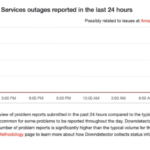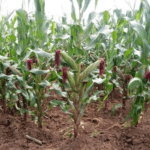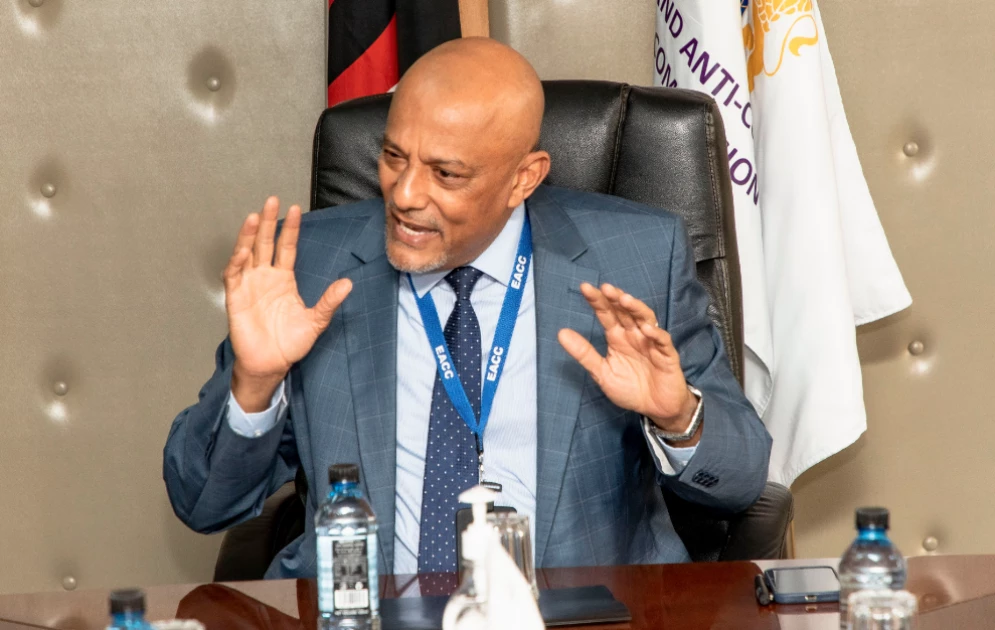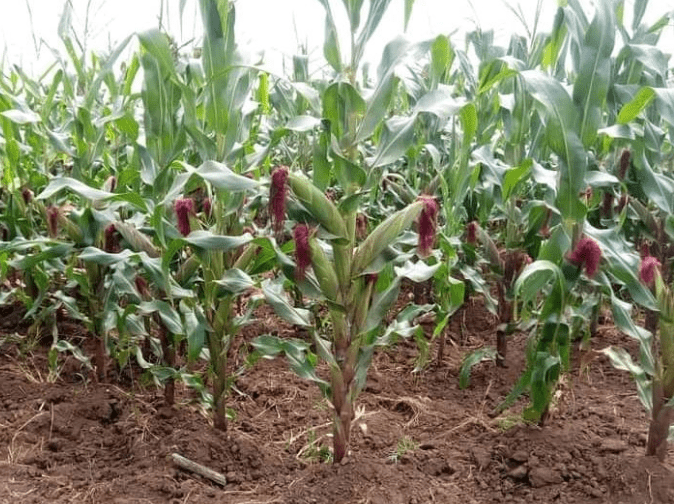The Ethics and Anti-Corruption Commission (EACC) issues a strong warning to individuals contemplating the misappropriation of public funds. During the current national efforts to manage the impending El Nino rainfall impacts.
In a statement to the media, CEO Twalib Mbarak expresses concern about potential legal violations in the implementation of these measures. These violations can create an environment conducive to fraudulent activities within both county and national governments.
Mr. Mbarak emphasizes the importance of institutions responsible for mitigating the effects of El Nino adhering to the rule of law. He further underscores decisive measures will be taken against anyone found engaging in wrongful actions.
“The Commission advises that all procurements and expenditures undertaken by National Government Ministries, Departments, and Agencies (MDAs) and county governments as mitigation measures in preparation for the anticipated El Nino rains. Should strictly comply with procurement laws, the Public Finance Management Act, and regulations,” he stated.
“Accounting officers will be held personally liable for any loss. Unauthorized expenditure, or misuse of public funds.”
READ ALSO:
The government announced its commitment to allocate approximately Ksh 10 billion in order to effectively mitigate the anticipated impacts of the upcoming El Nino rains. Which are slated to commence in mid-October and persist until the end of December.
A significant portion of these allocated funds will go toward the Arid and Semi-Arid Land (ASAL). Counties are also expected to bear the brunt of the adverse weather conditions during this period.
Meteorologists predict that this year El Nino rains will be more intense than those in 1997. This increased severity highlights the necessity for taking proactive measures to reduce potential damage. These also protect and safeguard affected regions.
The 1997 El Nino event was a significant climate occurrence marked by extreme weather conditions. Including severe drought and floods, leading to widespread disruption. Its impact was devastating, causing agricultural losses, economic challenges, and humanitarian crises. This event remains a crucial reference point for understanding the potential consequences. Giving the nation to emphasis on the need for preparedness and adaptation in a changing climate.











